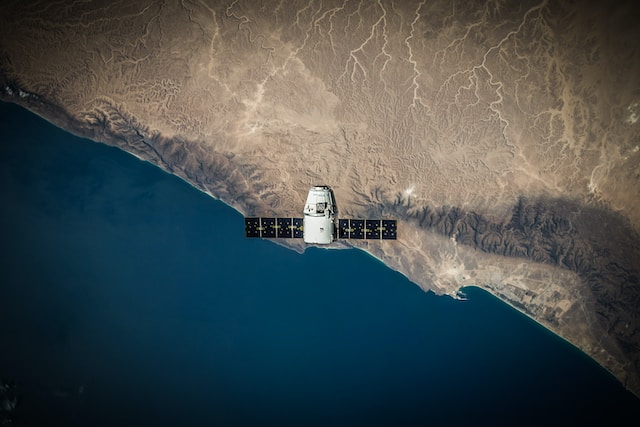
Aerospace engineering is an exciting and dynamic field that deals with the design, development, and production of aircraft and spacecraft. It is a field that requires a solid understanding of physics and mathematics, as well as an ability to think creatively and problem-solve. In this blog, we will explore the basics of aerospace engineering and why it is an important field of study.
What is Aerospace Engineering?
Aerospace engineering is a branch of engineering that deals with the development and design of aircraft and spacecraft. It involves the study of aerodynamics, materials science, control systems, propulsion systems, and structural analysis. Aerospace engineers use this knowledge to create new and innovative designs that can take flight.
Aerospace engineers are responsible for designing a wide range of vehicles, including commercial airplanes, military jets, helicopters, spacecraft, and satellites. They work to create vehicles that are safe, efficient, and effective for their intended purposes. They also focus on creating designs that are environmentally friendly and sustainable.
The Importance of Aerospace Engineering
Aerospace engineering is an incredibly important field of study for a number of reasons. First and foremost, it is essential for the continued advancement of aviation technology. Aerospace engineers are responsible for designing and developing new technologies that allow aircraft to fly faster, higher, and more efficiently than ever before.
Additionally, aerospace engineering plays a critical role in national defense. Military aircraft and spacecraft are designed by aerospace engineers to help protect countries and their citizens. These vehicles must be able to withstand extreme conditions and perform at a high level in order to be effective.
Finally, aerospace engineering is important for scientific exploration. Spacecraft and satellites are used to study the universe beyond our planet, providing valuable insights into the nature of the cosmos. They also provide us with data that is essential for understanding our planet and its environment.
Skills Needed for Aerospace Engineering
Aerospace engineering is a challenging and complex field that requires a number of skills in order to be successful. These skills include:
Strong math and physics skills: Aerospace engineers need to have a strong foundation in math and physics in order to design and develop complex systems.
Analytical thinking: Aerospace engineers must be able to analyze data and develop solutions to complex problems.
Creativity: Aerospace engineers need to be creative thinkers in order to come up with new and innovative designs.
Attention to detail: Small mistakes in aerospace engineering can have serious consequences, so attention to detail is critical.
Teamwork: Aerospace engineers often work in teams, so strong communication and teamwork skills are important.
Education and Career Paths
Aerospace engineering is a highly specialized field that requires a significant amount of education and training. Most aerospace engineers have at least a bachelor’s degree in aerospace engineering or a related field. Many also go on to earn a master’s or Ph.D. in the field.
There are a number of different career paths available to those interested in aerospace engineering. Some of the most common include:
Design and development: Aerospace engineers who work in design and development are responsible for creating new and innovative aircraft and spacecraft designs.
Testing and evaluation: Aerospace engineers who work in testing and evaluation are responsible for ensuring that new aircraft and spacecraft designs meet safety and performance standards.
Operations: Aerospace engineers who work in operations are responsible for the day-to-day operations of aircraft and spacecraft.
Research and development: Aerospace engineers who work in research and development are responsible for exploring new technologies and advancing the field of aerospace engineering.
Conclusion
Aerospace engineering is an exciting and dynamic field that offers a wide range of career opportunities. It is a field that requires a strong foundation in math and physics, as well as the ability to think creatively and problem-solve. Aerospace engineers play a critical role in the advancement of aviation technology, national defense, and scientific exploration.
